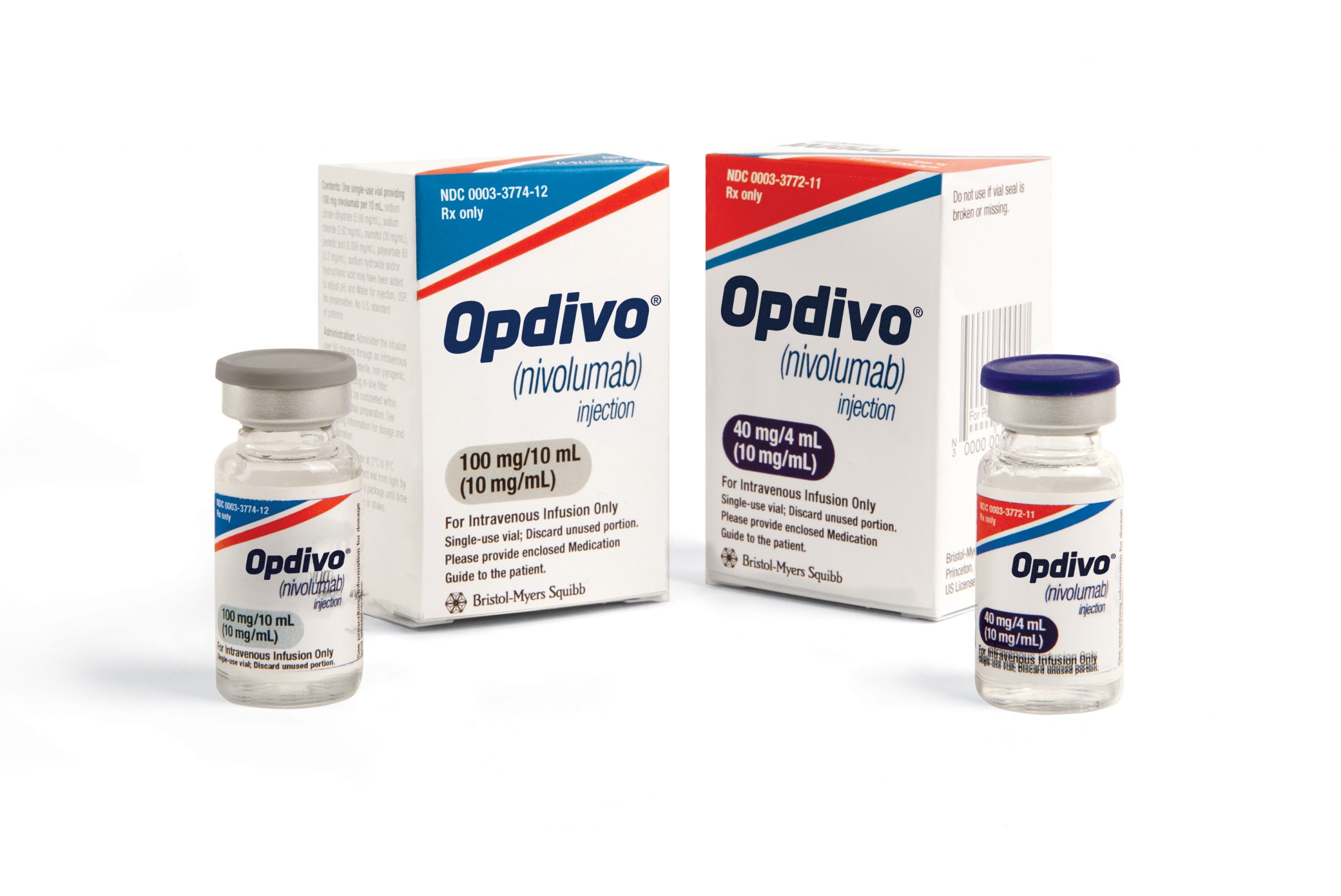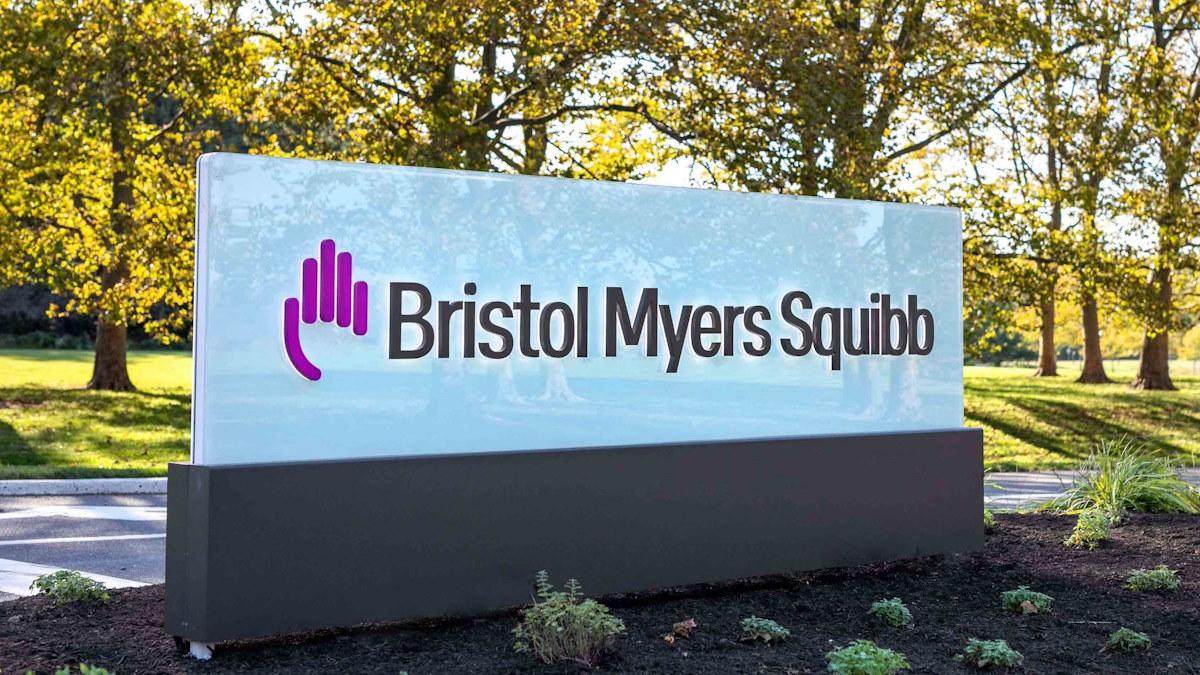NICE will only fund Opdivo in PD-L1 lung cancer patients

Bristol-Myers Squibb must make the case for its Opdivo cancer immunotherapy to be included on England’s Cancer Drugs Fund in lung cancer, after NICE asked for more information on its effectiveness in a subset of patients.
In final draft guidance on Opdivo (nivolumab) in non-small cell lung cancer, which applies to England and Wales, NICE said the drug could be recommended for patients who express high levels of PD-L1, but want BMS to provide more data on these patients.
NICE says these patients taking Opdivo who had more PD-L1 (levels of 10% or more) on their cancer cells lived up to seven months longer than those with less.
The committee have asked Bristol-Myers Squibb to make their case to include Opdivo in the Cancer Drugs Fund so more information can be gathered on its cost-effectiveness in patients with tumour PD-L1 levels.
This accounts for about a third of patients in with NSCLC, meaning the remaining two thirds would be excluded. Bristol-Myers Squibb immediately countered by saying the drug still works in patients regardless of whether there tumours express the protein.
NICE's decision-making could leave NHS lung cancer patients without the option of immunotherapy, as it also rejected Opdivo’s close rival, MSD’s Keytruda (pembrolizumab), in a draft decision earlier this month.
At full price Opdivo costs £439 per 40mg vial – but even after a confidential discount Opdivo costs the National Health Service at least £73,500 per quality-adjusted life year gained in the squamous disease compared with standard treatment.
For non-squamous NSCLC, the cost was more than £80,000 per QALY gained and most likely to be above £150,000 per QALY gained. This is well above a higher threshold NICE uses for end-of-life treatments.
Meanwhile, BMS criticised NICE’s decision to restrict any funding to the PD-L1 expressing subgroup, representing around a third of patients.
BMS general manager for UK and Ireland, Benjamin Hickey, said: “We are extremely disappointed for the majority of lung cancer patients for whom this NICE guidance could deny a potential life-line. Additionally, we strongly disagree with the notion that nivolumab treatment should be restricted to around one third of patients because this is inconsistent with the clinical evidence.”
“Over the last year BMS has been in discussion with NICE and NHS England and we continue to be open to finding a solution for all advanced lung cancer patients who could potentially benefit from nivolumab.”
Professor Carole Longson, director of the health technology evaluation centre at NICE said: “Nivolumab appears to be more effective in certain lung cancer patients. However we do not have the full picture yet and we need more evidence to find out the extent of this benefit.
“If the company puts forward a CDF proposal, nivolumab could be made available to some patients with lung cancer whilst more evidence is gathered on its value.”
Under new arrangements, the CDF can reimburse cancer drugs for up to two years, while additional cost-effectiveness data is gathered.
NICE has recommended regular NHS funding for Opdivo in advanced melanoma, including in combination with BMS' other immunotherapy, Yervoy. It has also backed Keytruda in advanced skin cancer.













